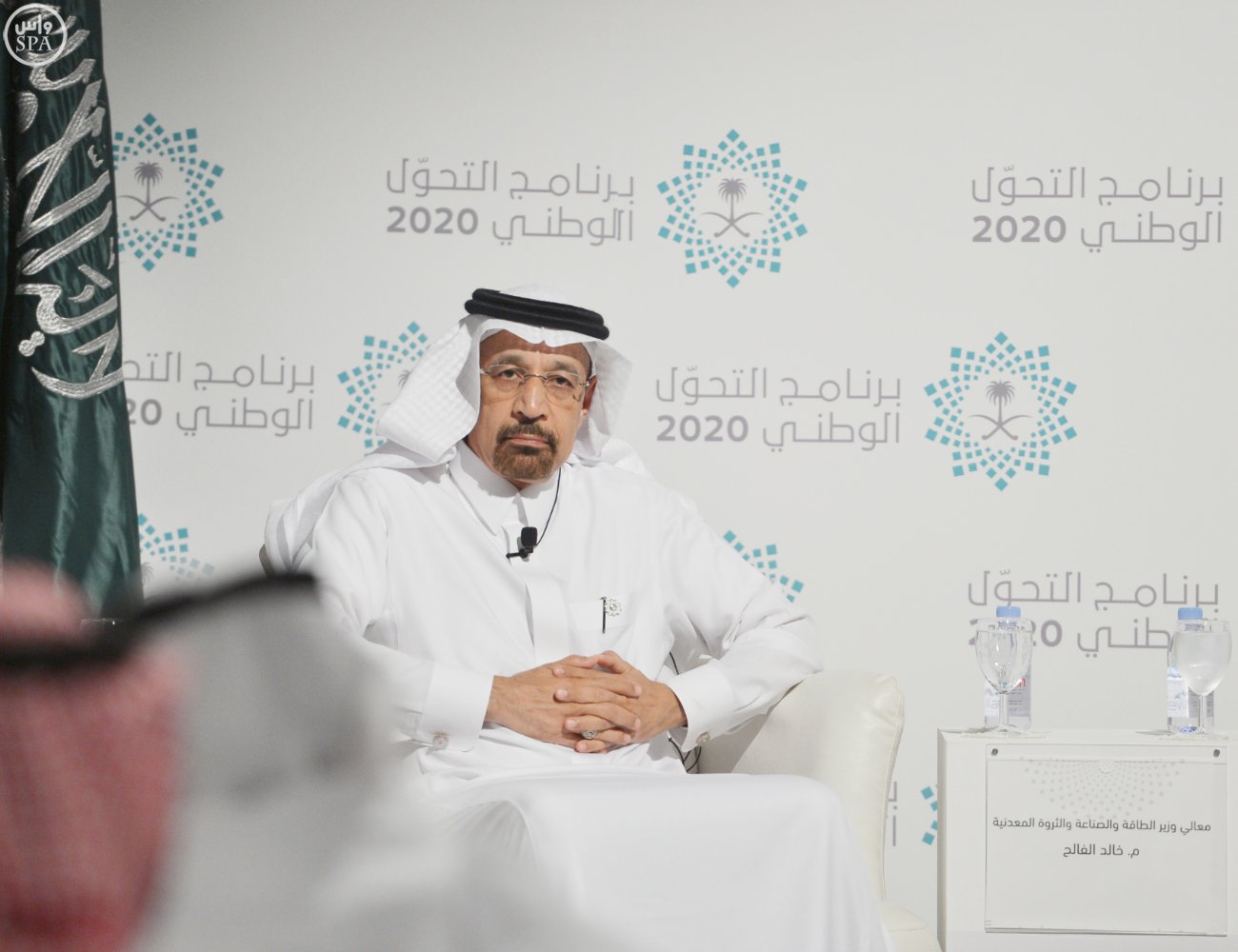Saudi Arabia’s Minister of Energy, Industry, and Mineral Resources Khalid Al-Falih said he agreed with other OPEC nations to keep all options open in the organization’s push to re-balance world oil markets, “including the possible extension of output cuts beyond next March,” according to reports.
According to three emailed statements from his ministry obtained by Bloomberg, steps taken by OPEC and other major crude producers such as Kazakhstan “have contributed to better market stability” so far.
OPEC and other producers including Russia pledged to reduce output by about 1.8 million barrels a day through March in an effort to reduce a global glut that is keeping prices down.
Meanwhile, forces outside of OPEC’s control are coming into play to weigh down on prices.
Oil prices edged lower on Monday on concerns that Hurricane Irma’s pounding of heavily populated areas of Florida could dent oil demand in the world’s top oil consuming nation, Reuters reports.
Goldman Sachs said that oil demand is likely to fall by about 900,000 barrels per day (bpd) in September due to the combined impact of hurricanes Harvey and Irma.
“Irma will have a negative impact on oil demand but not on oil production or processing. Harvey’s negative impact on demand will remain larger, however, given the large concentration of energy-intensive petrochemical activity in its path,” analysts at the bank said in a note, according to a Reuters report.









